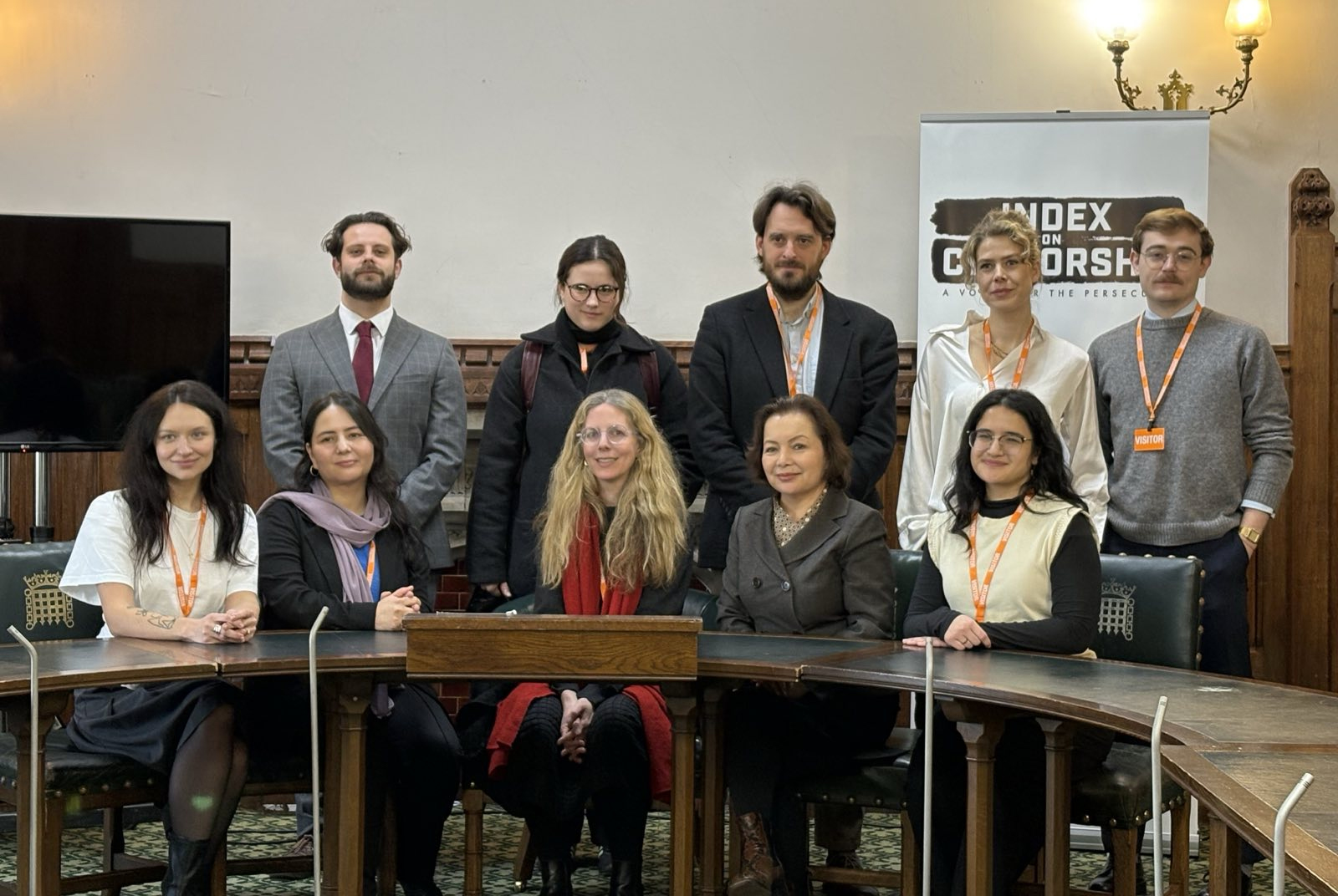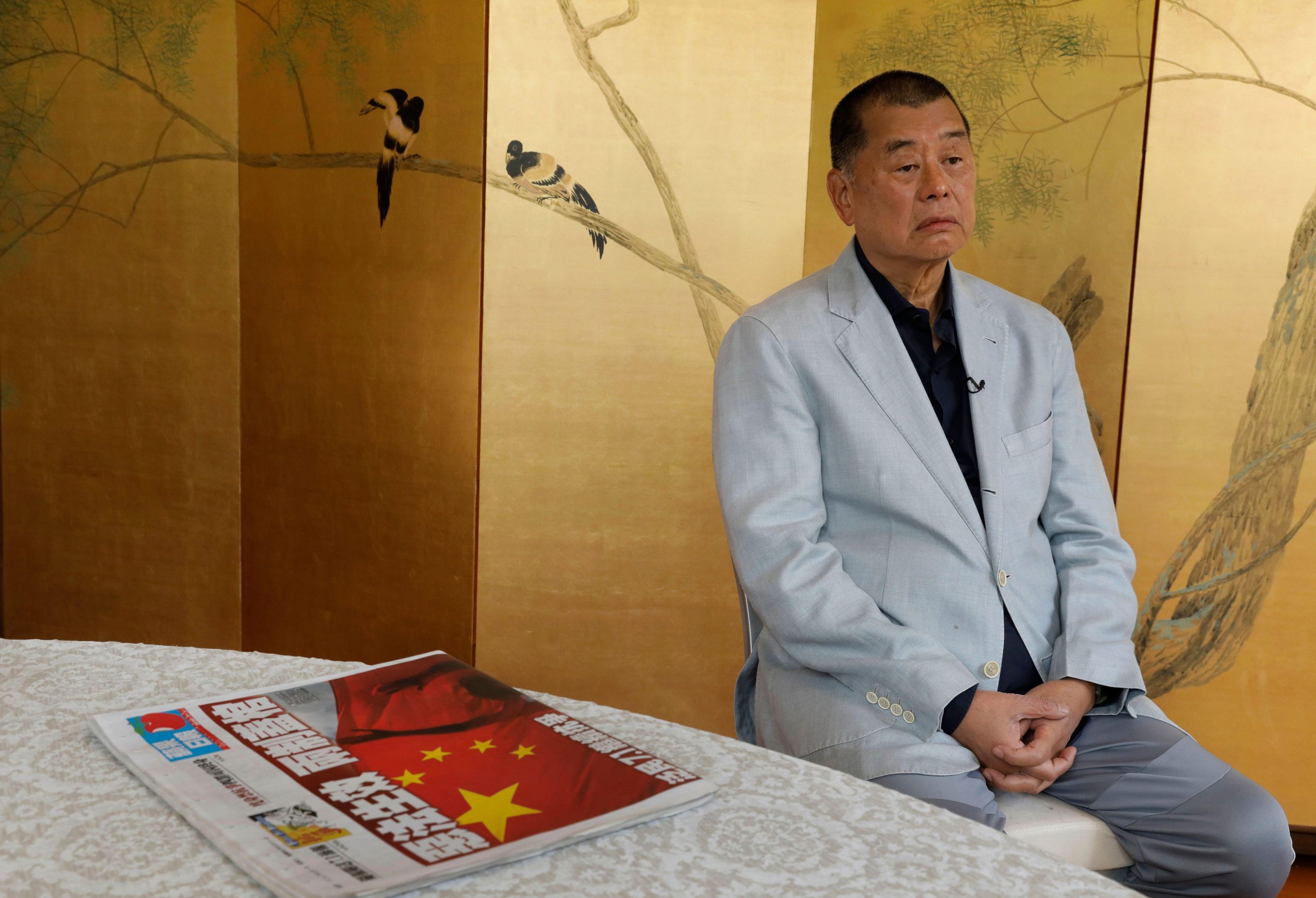Section 5 of the 1986 Public Order Act could be adjusted to remove the word “insulting” from legislation, it was announced today (10 December). Director of public prosecutions Keir Starmer has said that past cases could be classified as “abusive”, as opposed to “insulting”. Section 5 has stirred controversy in the past: in 2010, a Christian preacher was charged with a public order offence for telling a police officer homosexuality was “a sin”. A Home Office spokesman told the Telegraph that it had “consulted on removing ‘insulting’ from the Act and was considering the responses.” The House of Lords will take a vote on the matter on Wednesday (12 December).
NEWS
Support free expression for all
At Index on Censorship, we believe everyone deserves the right to speak freely, challenge power and share ideas without fear. In a world where governments tighten control and algorithms distort the truth, defending those rights is more urgent than ever.
But free speech is not free. Instead we rely on readers like you to keep our journalism independent, our advocacy sharp and our support for writers, artists and dissidents strong.
If you believe in a future where voices aren’t silenced, help us protect it.
At Index on Censorship, we believe everyone deserves the right to speak freely, challenge power and share ideas without fear. In a world where governments tighten control and algorithms distort the truth, defending those rights is more urgent than ever.
But free speech is not free. Instead we rely on readers like you to keep our journalism independent, our advocacy sharp and our support for writers, artists and dissidents strong.
If you believe in a future where voices aren’t silenced, help us protect it.
At Index on Censorship, we believe everyone deserves the right to speak freely, challenge power and share ideas without fear. In a world where governments tighten control and algorithms distort the truth, defending those rights is more urgent than ever.
But free speech is not free. Instead we rely on readers like you to keep our journalism independent, our advocacy sharp and our support for writers, artists and dissidents strong.
If you believe in a future where voices aren’t silenced, help us protect it.
At Index on Censorship, we believe everyone deserves the right to speak freely, challenge power and share ideas without fear. In a world where governments tighten control and algorithms distort the truth, defending those rights is more urgent than ever.
But free speech is not free. Instead we rely on readers like you to keep our journalism independent, our advocacy sharp and our support for writers, artists and dissidents strong.
If you believe in a future where voices aren’t silenced, help us protect it.
At Index on Censorship, we believe everyone deserves the right to speak freely, challenge power and share ideas without fear. In a world where governments tighten control and algorithms distort the truth, defending those rights is more urgent than ever.
But free speech is not free. Instead we rely on readers like you to keep our journalism independent, our advocacy sharp and our support for writers, artists and dissidents strong.
If you believe in a future where voices aren’t silenced, help us protect it.
READ MORE
-

Former Pussy Riot member and Uyghur activist say encryption keeps them safe
Index on Censorship brought together MPs and activists to discuss how essential it is for dissidents to be able to communicate securely
-

Australia cracks down on protest
Demonstrations against Israeli President Isaac Herzog have been met by a brutal police response
-

Journalists as well as generals have been purged – only Xi is safe in China today
The recent oustings show that the best way to stay out of trouble is to not align with, or investigate, those at the top
-

We must keep fighting for Jimmy Lai
The Index CEO reacts to Hong Kong’s sentencing of the media mogul, and why the British government should have done more
